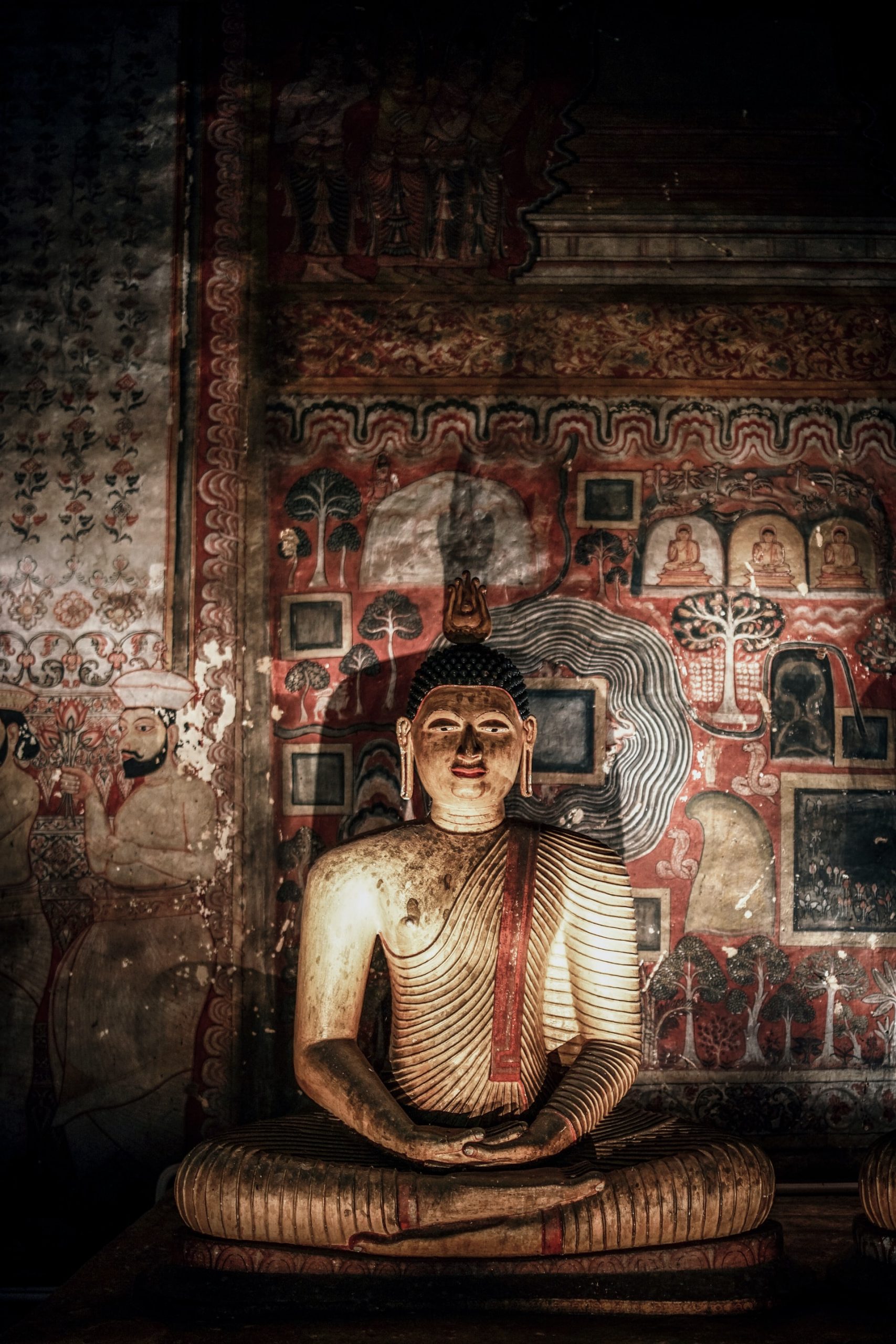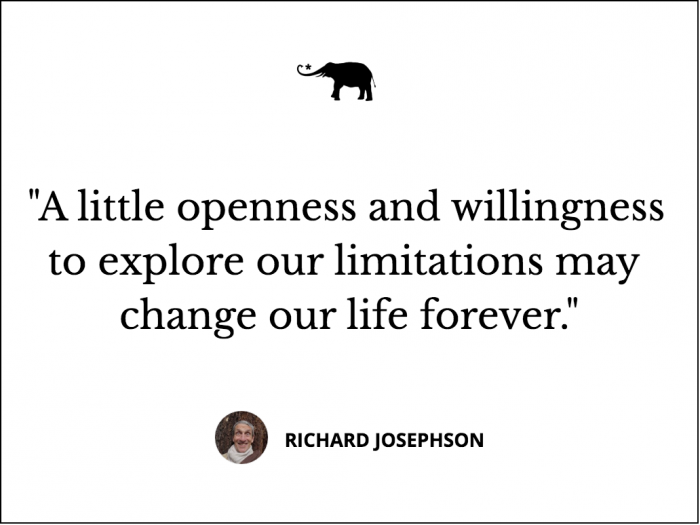Dukkha is a Pali word often translated as “suffering,” and to my mind, and some modern translators, is no longer appropriate.
The meaning of words change as decades run into centuries, and in the case of Dukkha, 25 centuries.
It’s the hallmark of the Buddha’s teaching and extremely cornerstone. In the Four Noble Truths, the first is Dukkha, followed by Samudya, Nirodha, and Marga, meaning “origination,” “extinction,” and the “way” or “path.” It is the first that we will look into because it is the one most poorly understood.
Characterizing the world as “suffering” no longer reflects the intention of the Buddha to a modern reader. Another term, “unsatisfactory”—an alternate translation of Dukkha—works best today. “Suffering” in our modern vocabulary lends itself too easily to a negative attitude, even a nihilistic one. When we hear “all is suffering,” we naturally resist the characterization. Granted, there is suffering in our world, but few would say all is suffering.
“Unsatisfactory” gives itself more readily to a broad range of our experiences, whether painful, neutral, or pleasant. From the ordinary perspective, painful experiences are quite different from pleasant ones, but the Four Noble Truths are from the perspective of an Arya. The word (usually rendered “noble” in English) is the Sanskrit “Arya,” which means “awakened.” So, the Four Noble Truths really means the four “Truths” through the eyes of an awakened one—an Arya.
From our perspective, life is a drama, a mix of good times and bad times, laughter and quarrels, gain and loss, and so forth. But from the perspective of an Arya, these kind of dualities collapse and all is unsatisfactory. The Arya sees the value of “the good life” from our perspective but suggests our perspective is concealing a greater capacity for joy. Standing in our shoes, he sees everything is quite satisfactory, but he is beckoning us to stand in his shoes and gain a new perspective.
The Arya is not condemning the world; he is pretty much aware of its offerings. But he is saying it is deceptive and conceals a greater joy that through right means can be uncovered. The Arya is saying, “Yes, your life may be going well, and you are extremely happy, but your happiness is within parameters that you don’t have to confine yourself to. Why not realize a greater potential?”
Unfortunately, many get turned off by the way the Dharma is presented. To say everything is suffering is like shutting the door in our face, but to say everything is unsatisfactory is like having a door opened. Our world being unsatisfactory begs us to inquire into why it is. It encourages us to see that our limitations are false. Our world is not unsatisfactory within the confines of our paradigm, but we are encouraged to make a paradigm shift that exposes new possibilities.
Sometimes it is easy to assume that those who criticize our world, or seem to, are disenfranchised. The iconic figures of ascetics and renunciates in robes often come to mind when we envision religious messengers. But many who appear that way were once enjoying the pleasures and wealth of life, and while some may have renounced wealth and so forth, many kept a lavish lifestyle and saw no reason the dawning of realization should change that.
The unsatisfactory quality of mundane existence and the accompanying realization of it does not necessarily entail renunciation. How we see the world does not depend on what we have or do not have; it only means attachment and dependence on circumstances has ended.
The second “Truth,” “origination,” means there is a cause for the unsatisfactory nature of things; the third “Truth,” “extinction,” means there is an end of unsatisfactory existence; the fourth “Truth” means there is a “path” to that end.
The “Four Noble Truths” are a whole, for they are interconnected. First, we must see that even at best, things are unsatisfactory, then we must understand the causes that make them so; next we must believe in true freedom, and next we must study the way to disentangle ourselves from selfishness.
A little openness and willingness to explore our limitations may change our life forever.
~


 Share on bsky
Share on bsky






Read 1 comment and reply